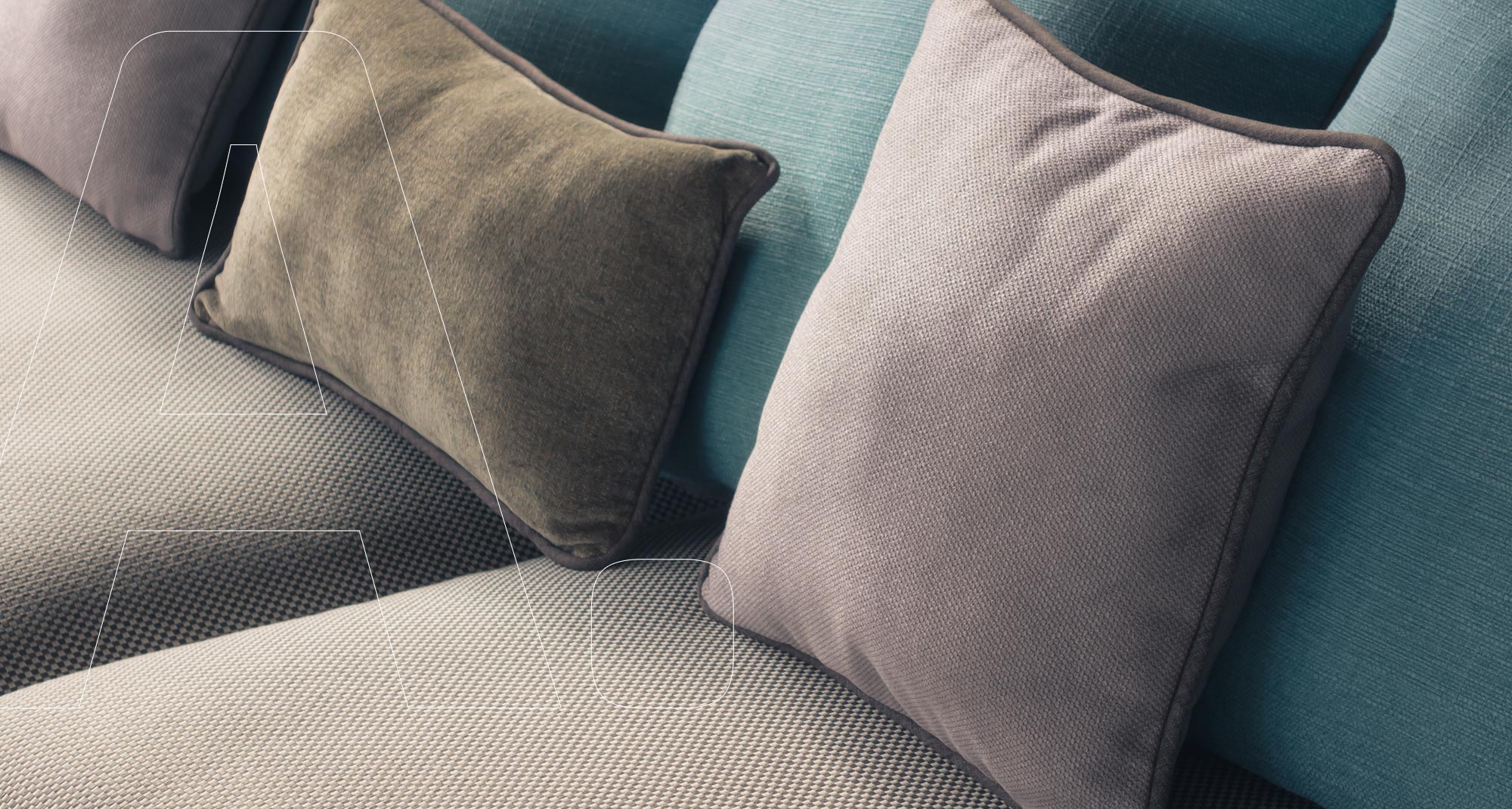
If you're asking how often you should clean your carpets, the honest answer is that it depends on foot traffic, pets, and the season of the year, but you can follow a simple rhythm and stay ahead of dirt. Think of vacuuming as your weekly routine and deep cleaning as your seasonal reset. When life gets messy or fibers start to look tired, UCM Carpet Cleaning Wayne is right here in town to help.


For everyday care, vacuum high-traffic areas 1-2 times a week and the rest of the home at least weekly. Use the guide below for deep carpet cleaning.
| Room or Area | Deep Clean (Pro) & Notes |
|---|---|
| Living Rooms & Family Spaces | Every 12 months; shorten to 6-9 months with heavy use. Rotate furniture to reduce gray lanes. |
| Bedrooms & Guest Rooms | Primary: every 12-18 months; Guest: every 18-24 months. Increase frequency for allergy sufferers; pair with a HEPA vacuum for best results. |
| Kids' Rooms & Playrooms | Every 6-9 months. Use enzyme treatments for food and pet accidents. |
| Entryways, Hallways & Stairs | Every 6-12 months. Use door mats; take slow passes on stair nosing to lift embedded grit. |
| Basements & Rec Rooms | About every 12 months or whenever musty odors return. Use a dehumidifier in summer to control moisture. |
| Dining Rooms & Home Offices | Every 12 months; sooner if spills are frequent. Use a chair mat under desks and tables to prevent wear tracks. |
| Area Rugs vs. Wall-to-Wall Carpets | Professional rug cleaning every 12-18 months. Rotate rugs; match cleaning methods to fibers and dyes (e.g., wool, natural fibers) for safe, effective care. |
Pets or allergies: vacuum more often and plan professional cleaning every 6-9 months. Wayne winters: daily entryway passes help control road salt.
These rooms usually work the hardest. A steady weekly vacuum keeps grit from settling deep, and a thorough professional clean about once a year refreshes color and texture. If your living room doubles as a play space, or you host often, shorten that timeline, and you'll notice fewer stubborn traffic paths.
Bedrooms are quieter, so the schedule stretches. A weekly vacuum keeps dust down, especially under the bed where air doesn't move much. Many homes do well with a deep clean every twelve to eighteen months in primary bedrooms, and even less often in lightly used guest rooms. If allergies are part of your life, increase the vacuuming frequency and consider moving the deep clean up on the calendar.
Craft days, snacks, and pet visits add up fast. A little daily tidying plus frequent light vacuuming saves you from bigger jobs later. Plan to deep clean more often here than elsewhere; fresher fibers make spills easier to blot and odors less likely to linger.
This is where outside meets inside, and in Wayne winters that can mean sand and road salt. These granular soils act like sandpaper on carpet fibers. Make door mats do the heavy lifting, ask family and guests to kick off shoes, and give these paths more regular vacuum passes. Stairs benefit from slow, careful work with the right attachment so soil doesn't build up along the nosing.
In summer, humidity slows drying after any spill or DIY cleaning, and in the cooler and cold seasons cool concrete can keep carpets damp. A small dehumidifier and some air circulation go a long way. If you notice a musty smell that returns quickly after vacuuming, that's a hint the space may be due for a professional rinse and extraction.
These areas often look clean but hide concentrated wear. Chair casters and sliding dining chairs compress fibers in the same tracks day after day. A chair mat preserves the office area, and occasional furniture shuffling spreads the load. Schedule deep cleaning here about as often as you would for the living room, unless you see frequent food or drink spills.
Unlike wall-to-wall carpet, rugs collect soil from both sides, making regular rug cleaning essential. Regular front-side vacuuming paired with occasional flips to vacuum the backing keeps grit from slowly sawing at fibers. Rotating rugs a few times a year evens out sun and foot traffic. Natural fibers like wool benefit from professional care that matches the dye and construction to avoid shrinkage or bleed.
Pets shorten the clock, especially if they shed or have the occasional accident. Blotting and using an enzyme treatment quickly makes a big difference, while heat or aggressive scrubbing can set stains and odors. If anyone in the home has asthma or allergies, a HEPA-equipped vacuum used more often reduces the dust load, and bumping up professional cleaning to every six to nine months can help. In smoking households, odors cling to fibers; more frequent deep cleaning keeps the room smelling fresher.
Carpet cleaning isn't one-and-done - each season brings new messes and drying conditions. Use this quick guide to tune daily care and know when to schedule a professional deep clean.
Look for dull, gray lanes that don't perk up after vacuuming, recurring spots that reappear as the carpet dries, or a stale odor that returns a day after you've aired out the room. Many manufacturers also recommend periodic professional cleaning, often using hot water extraction, to keep warranties intact, so saving those invoices is worth it.
Keep it simple: steady weekly vacuuming, a sensible deep-clean cadence by room, and a few smart habits at the door. When you want that like-new feel, or you're dealing with pets, allergies, or stubborn traffic lanes - reach out to UCM Carpet Cleaning Wayne for a friendly local hand.

